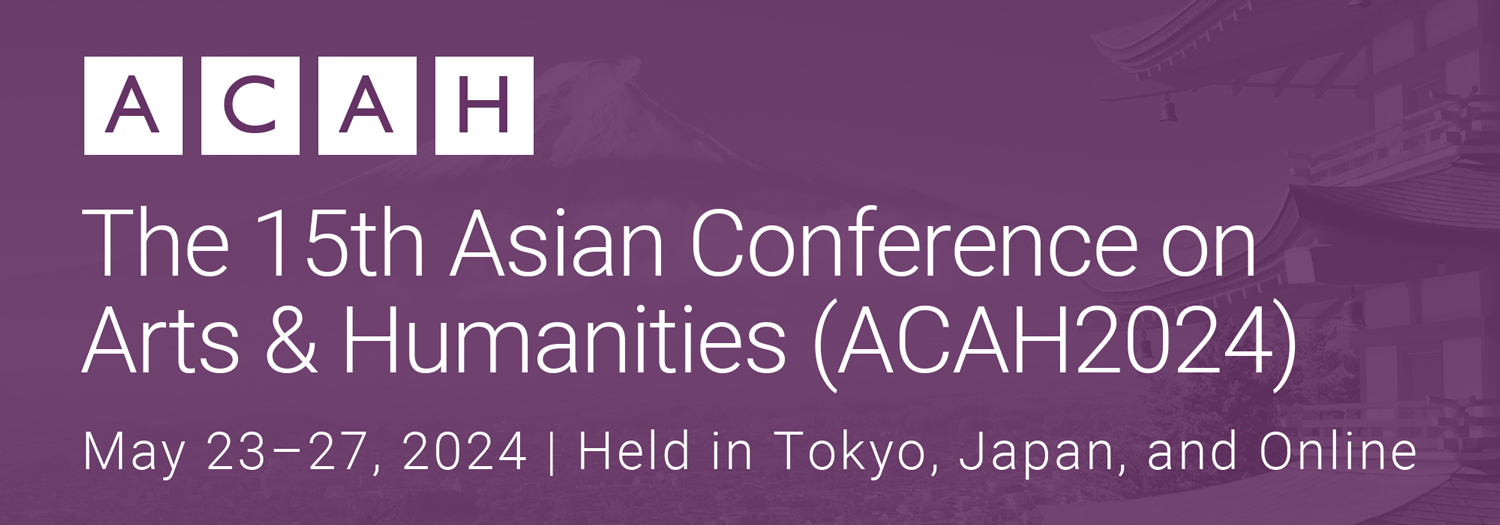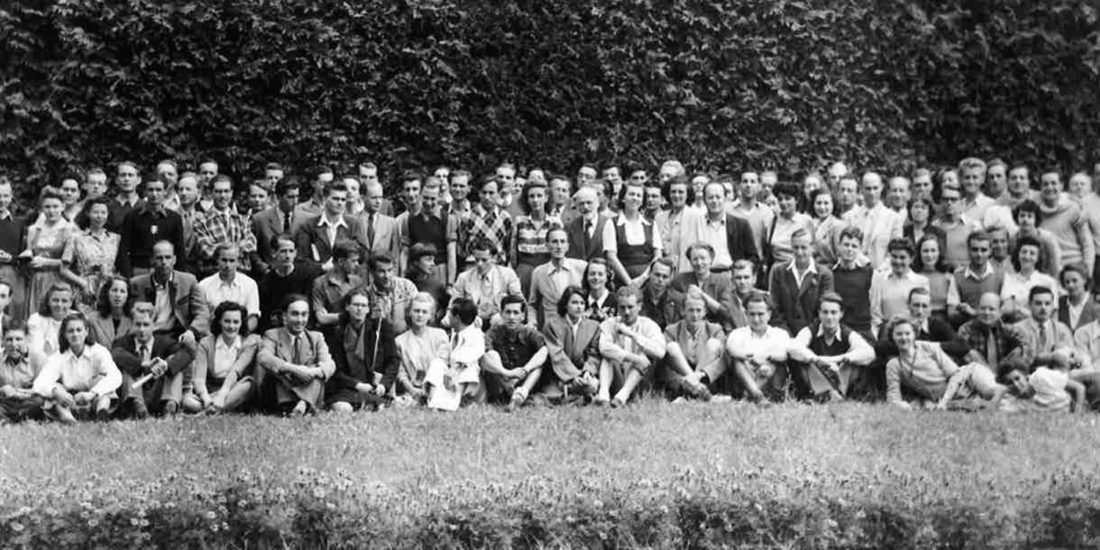In 1947 the School for American Studies in Salzburg, Austria, was held. It later acquired ample funding from the Rockefeller Foundation to be continued many years to come. Originally planned by Harvard University students who were concerned about the intellectual life of European people, the goal of the seminar was to promote “a free communication in ideas between Americans and Europeans,” which catered to the policy of Cold War cultural diplomacy that aimed to promote understanding between the U.S. and other countries. Prominent scholars from the United States, including F.O. Mathiessen, Alfred Kazin, Henry Nash Smith, Margaret Mead, and Talcot Parsons, taught and introduced “American Studies” to young scholars in the war-torn countries. The two Harvard scholars who participated in the first year, F.O. Matthiessen and Alfred Kazin, published their experiences the following year, with Kazin writing an article, “Seminar in the Ruins,” in the anti-Stalinist Commentary magazine, and Matthiessen a book, From the Heart of Europe, echoing the policy of U.S. cultural diplomacy.
The Seminar, which attracted students from various European countries, functioned as a model vehicle for the dissemination of American Studies, and generated similar seminars and lectures by prominent American scholars, such as the Stanford-Tokyo American Studies Seminar. This paper explores how these seminars functioned in the “ruined” countries, how they in turn contributed to developing American Studies and determining what should be taught, and how they were instrumental in nurturing a certain state of mind, through an analysis of reports by the attendants and essays by the “teachers” including Kazin and Matthiessen.
Image caption | Fellows of the Salzburg Seminar in American Studies (1947). Courtesy of Salzburg Global Seminar (Flickr).

